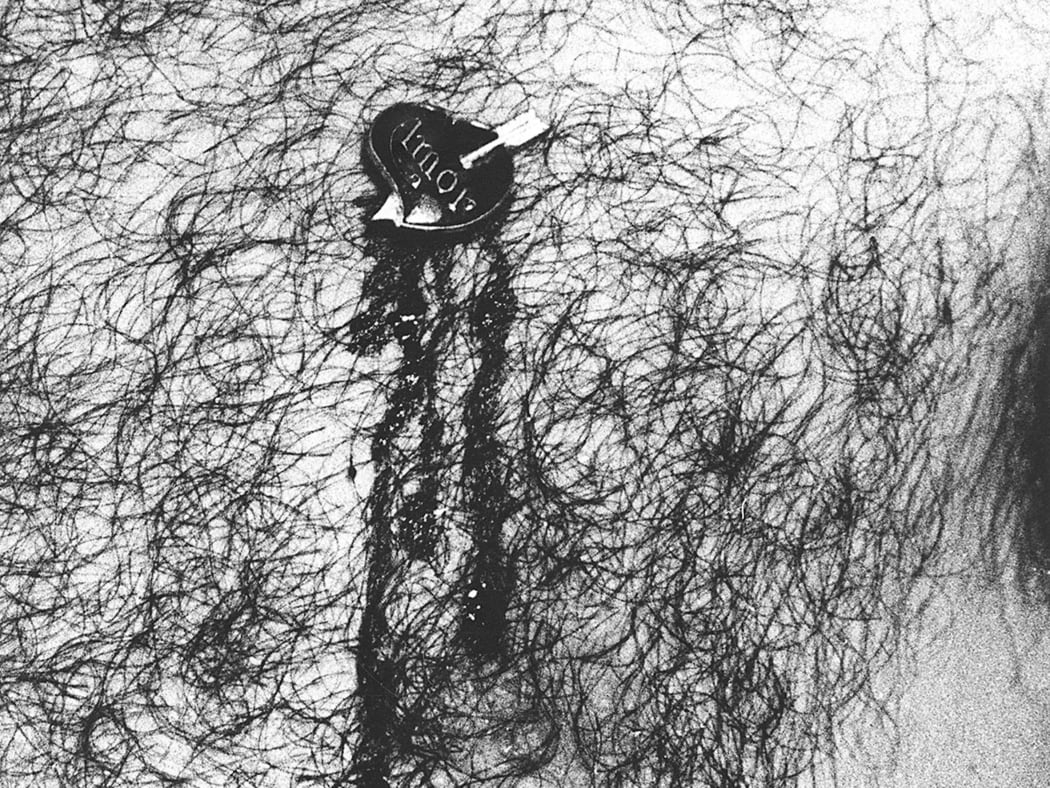
It seems reasonable that in a period of extreme immunity like the present one, in which both a health emergency and increasing social polarisation -with its subsequent expressions of unrest, hatred and violence- are accelerating the deterioration of community living and relationships, the so-called affective turn has ended up playing the main role in most discourses in the art and academic sphere. Nevertheless, and with no intention whatsoever of lowering the potential of a bet in this direction, we should point out how worrying it is that a policy of affective turn may end up being assumed as a place for consensus, instead of a constructive space for critical debate.
Unlike what could be inferred from a non-critical, enthusiastic or celebratory approach, to summon affections can somehow be dangerous. Perhaps we would be falling into some sort of denialism if we did not recognise the shadow passions that were already included in their theory of affections by the Baroques, or the core of the psychoanalytical reflections that were so well conveyed in Rimbaud's motto "je est un autre" ("I is another"). Furthermore, we would be ignoring some specific forms of violence justified precisely on the basis of a rhetoric of affections -"If I do it, it is because I love you"-, thus contributing to making it end up being a mere ideological discourse. Nevertheless, if we are cautiously ready to open this Pandora's box, at least we can hope to be able to cling to Hölderlin's prophecy: "Wherein lies the danger, grows also the saving power."
This prophecy refers to the complex but revolutionary nature of affections. For Aristotle it was clear that one type of love (philia) was ensuring compliance with justice and kept cities united. Obviously, there is Saint Paul's apology of love or Saint Augustine's thinking that Hannah Arendt transfers to her amor mundi (Arendt, 1996). For, was it not perhaps primitive Christianity in its claims of love towards others as a road to salvation a revolutionary precedent of the idea of utopia? The affectionate utopia has gone through camaraderie, fraternité or -if you prefer- sorority as a subversive power that can remove a regime of power. However, today, the labour competition ecosystem settled by means of freelanceship makes this revolutionary organisation of affections more difficult; rather, digital flows are those that organise a subjectivity that is close to the building-up of friendships in networks and the culture of likes, let alone that the present and true revolution seems to have been the definite victory of Narcissus' love. In fact, the "love revolution" was first announced by Berlusconi instead of Paul B. Preciado.
The success of self-help, coaching and entrepreneurship publications, as well as the proliferation of individual sport competitions, may be explained by the consensus reached around the idea that the only limit is oneself: "do it yourself." In this context of hyper-connected loneliness, self-eroticism, the technology of election and the rationalisation of love are fostered, by establishing Narcissus as the counterfigure of Eros (Illus, 1997). From the virtual tools of self-representation based on our "biography", the GPS systems of me-mapping and the constitution of our own house as the new centre of production and consumption, to a whole constellation of devices that organise our set of myths and symbols in the first person -iPhone, iPod, iPad, iWatch, iTunes iBooks, iLife, iFoto, iWork...-, emerges a peculiar mythology that Eloy Fernández Porta very rightly qualified as €®0$: a super production industry of @fecto$ (@ffection$) (Fernández Porta, 2010).
But perhaps we would fall into an exacerbated nihilism if we asserted that the totality of these drives have already been able to give in to affectionate capitalism. More cautiously, it would be better to identify how much of this dangerous fuel that the capital is feeding -from the music industry to film, financial or pornographic industry- could in turn fire up this big machinery. Bataille had precisely interpreted eroticism as a game where previously constituted forms could become diluted (Bataille, 1957). This suspension of time and space is in fact the revolutionary utopia that keeps desire alive: the perception of another life as if it were an unending outside in which to get lost. Not anymore Eros as industry, economy, not even as match, but the wish for another type of life. Here is where art, which cannot but inhabit the eroticism of danger, is able to lead us to other affections, to affections that may enhance our thinking.
(English translation: Beatrice Krayenbühl)

